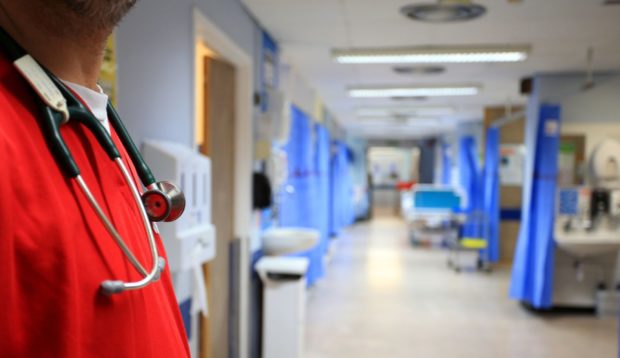Scotland has recorded 20 coronavirus-linked deaths, including one in Aberdeenshire, in the past 24 hours.
A total of 8,275 new cases have also been recorded.
Positive cases are still trending above 1,000 in Grampian, currently at 1,110 from 1,242 yesterday.
Cases also dropped in Highland, from 443 to 406.
Shetland recorded 22 new cases while Orkney had 20 and the Western Isles had 19.
Overall, Scotland recorded 8,275 new cases of Covid either through a Lateral Flow test or PCR test.
Hospitalisations and Vaccinations
While cases remain high, the number of people in hospitals is dropping day-to-day from 1,392 yesterday to 1,319 today.
Thirty people are in intensive care across Scotland a drop of two from yesterday.
People in Highland hospitals have dropped from 24 to 22 in the past 24 hours.
Yesterday saw a large increase in the number of people in Grampian hospitals by 12 to 97. This has dropped to 95 in the past 24 hours.
Over 4.4 million people have received the first dose of a Covid vaccine, while over 4.1 million have had two doses.
In terms of booster shots, a further 3,274,918 have been boosted to prevent serious Covid.
Making some Covid measures permanent
The Scottish Government has introduced a bill to parliament that will make some of the temporary measures brought in due to pandemic permanent.
The Coronavirus (Recovery and Reform) (Scotland) Bill would allow ministers to enact public health measures in response to a future health emergency.
This would bring Scotland in line with England and Wales where these provisions are already permanent.
Other provisions include increasing the minimum debt level from £3,000 pre-pandemic to £5,000 for individuals.
Also temporarily extending time limits of criminal proceedings – which were postponed due to the pandemic – to allow courts to clear the backlog of cases.
Deputy First Minister John Swinney said: “Scottish Ministers have already removed many of the temporary measures that supported our response to the pandemic, which are no longer needed.
“However, we believe those pragmatic reforms that have delivered demonstrable benefit to the people of Scotland should continue.
“Whilst it has been incredibly disruptive, the urgency of the pandemic has driven the pace of digital adoption, and in some cases more efficient ways of working, and better service to the public.”
